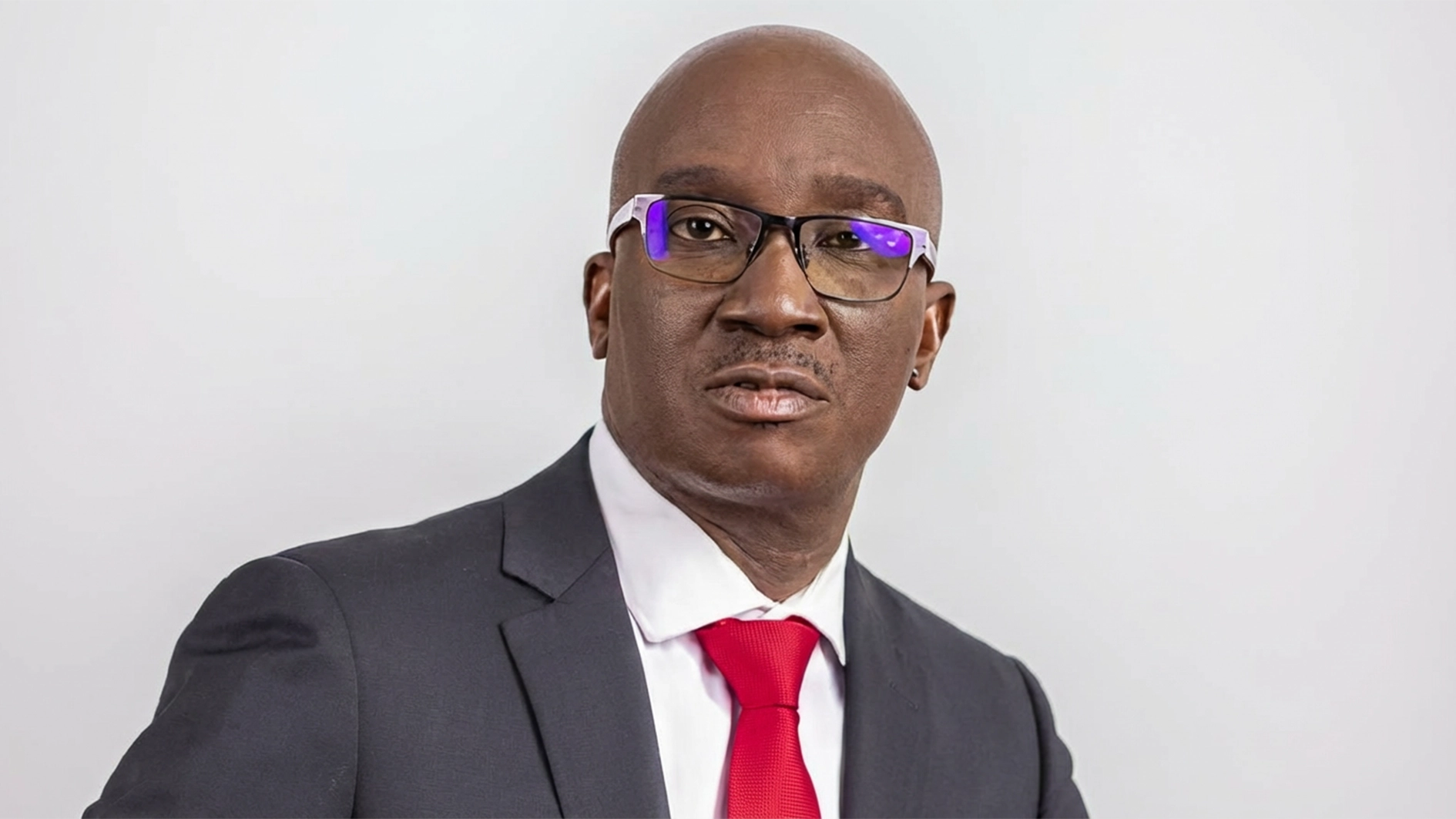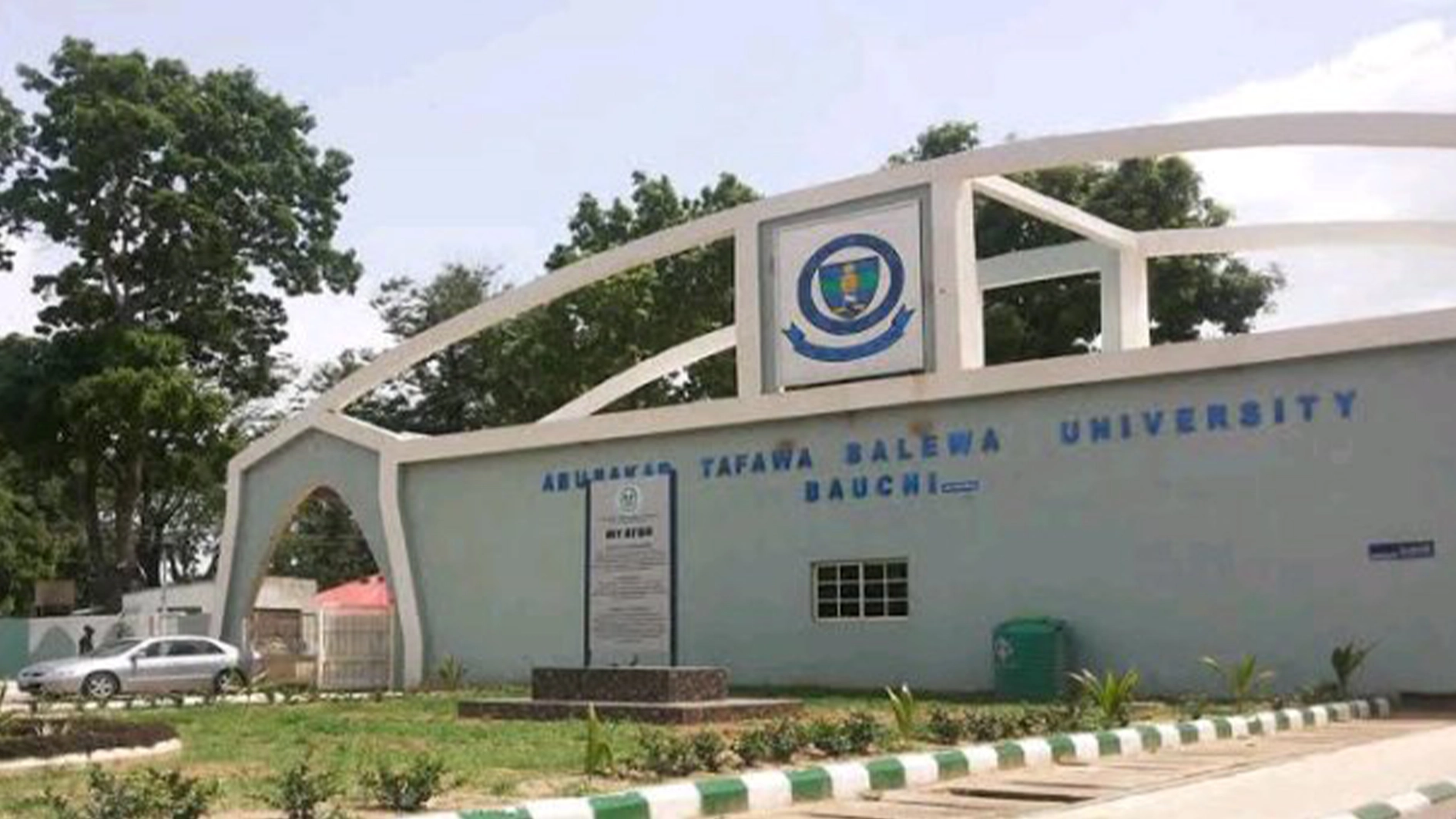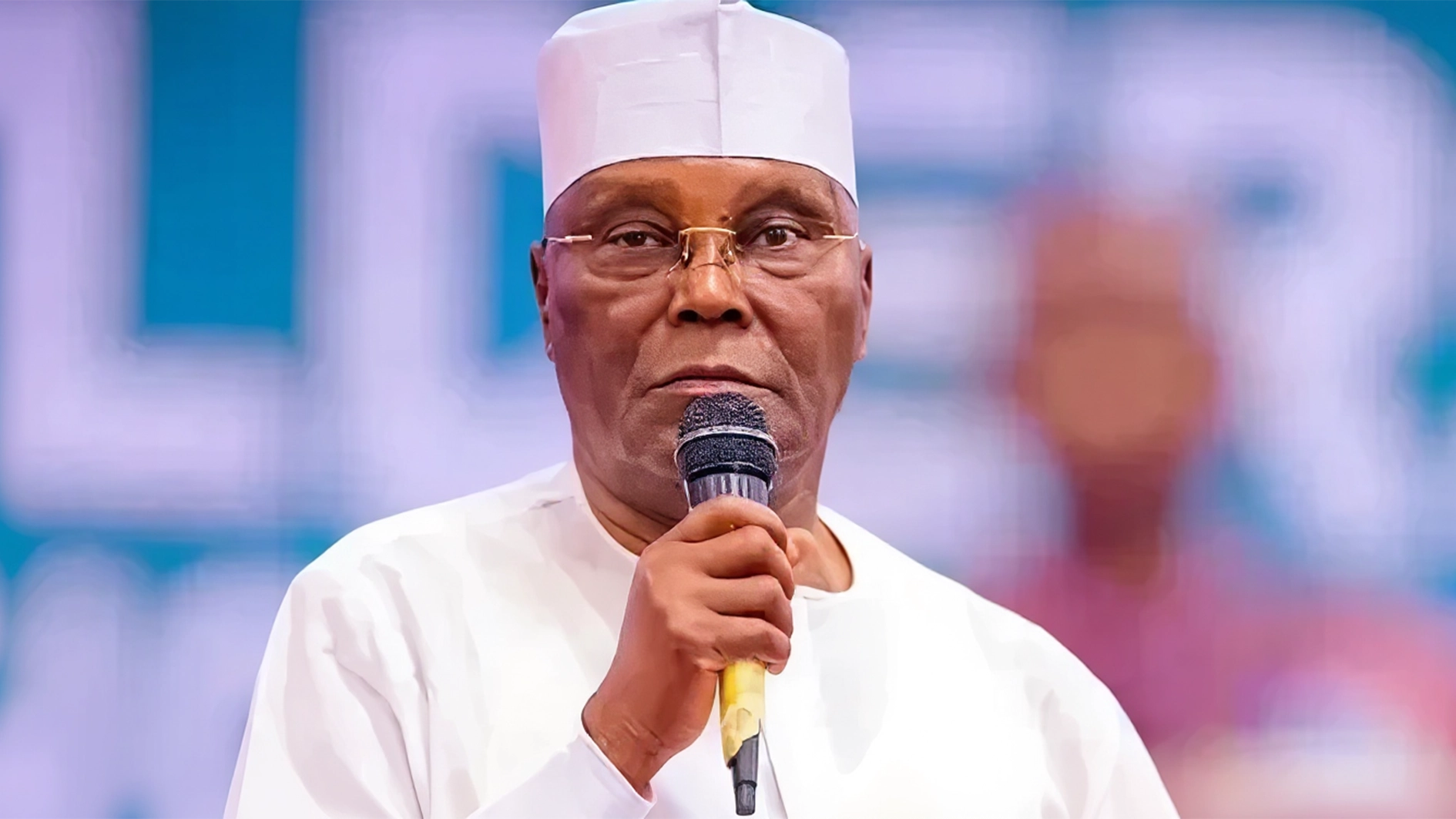 CHAIRMAN, Association of Colleges of Medicine of Nigeria, Prof. Folasade Ogunsola, has urged the Federal Government to provide adequate funding for colleges of medicine to enable them achieve the purpose for which they were established.
CHAIRMAN, Association of Colleges of Medicine of Nigeria, Prof. Folasade Ogunsola, has urged the Federal Government to provide adequate funding for colleges of medicine to enable them achieve the purpose for which they were established.
Ogunsola who disclosed this at the opening of a three-day capacity development programme for Bachelor of Medicine, Bachelor of Surgery (MBBS) academic staff in Nigerian universities, said Nigeria needs no fewer than 237, 000 medical doctors to meet the World Health Organisation (WHO) ratio of doctor to the population.
According to Ogunsola, who is also provost of College of Medicine, University of Lagos, Nigeria falls short of this ratio, which is one doctor for every 600 persons, and it would take the country about 100 years to meet the required standard.
“We have about 35, 000 practicing doctors. Assuming no doctors leaves the country after being trained, with the number coming out of our medical school every year, it will take us about 100 years to have the number we need. But, its not just about numbers, it is about quality,” she stated.
She added, “Presently, different medical schools have specific number of students they can admit every session. Some people wonder why this is so. It is so because we have to train the student doctors to be competent, and you can only train within the facilities available
“For that quotas to change, we have to rethink how we are training the students, and how the medical schools are funded. Medical schools are not like other schools where students take lectures and write examinations afterwards because the minute the students graduate, we entrust them with our lives,” she noted.
While stressing the need to stem the tide of exodus of medical doctors, by putting in place a policy on healthcare in order to detach politics from healthcare, she maintained that globally, doctors remain heads of medical teams, and that does not mean that others were subjugates, as they all must work together to achieve success.
Ogunsola advocated for the joint training of doctors and other medical workers at medical schools so that they learn how to work together from the onset, just as she also identified lack of job satisfaction as another reason why doctors exit the profession.
Executive Secretary, National Universities Commission, (NUC), Prof. Julius Okojie, said that the essence of the workshop was to revisit the Bench Mark Academic Standard (BMAS) for medicine, as well as fashion out ways of improving the skills and competences of medical doctors by improving the teaching and practice of medicine.






